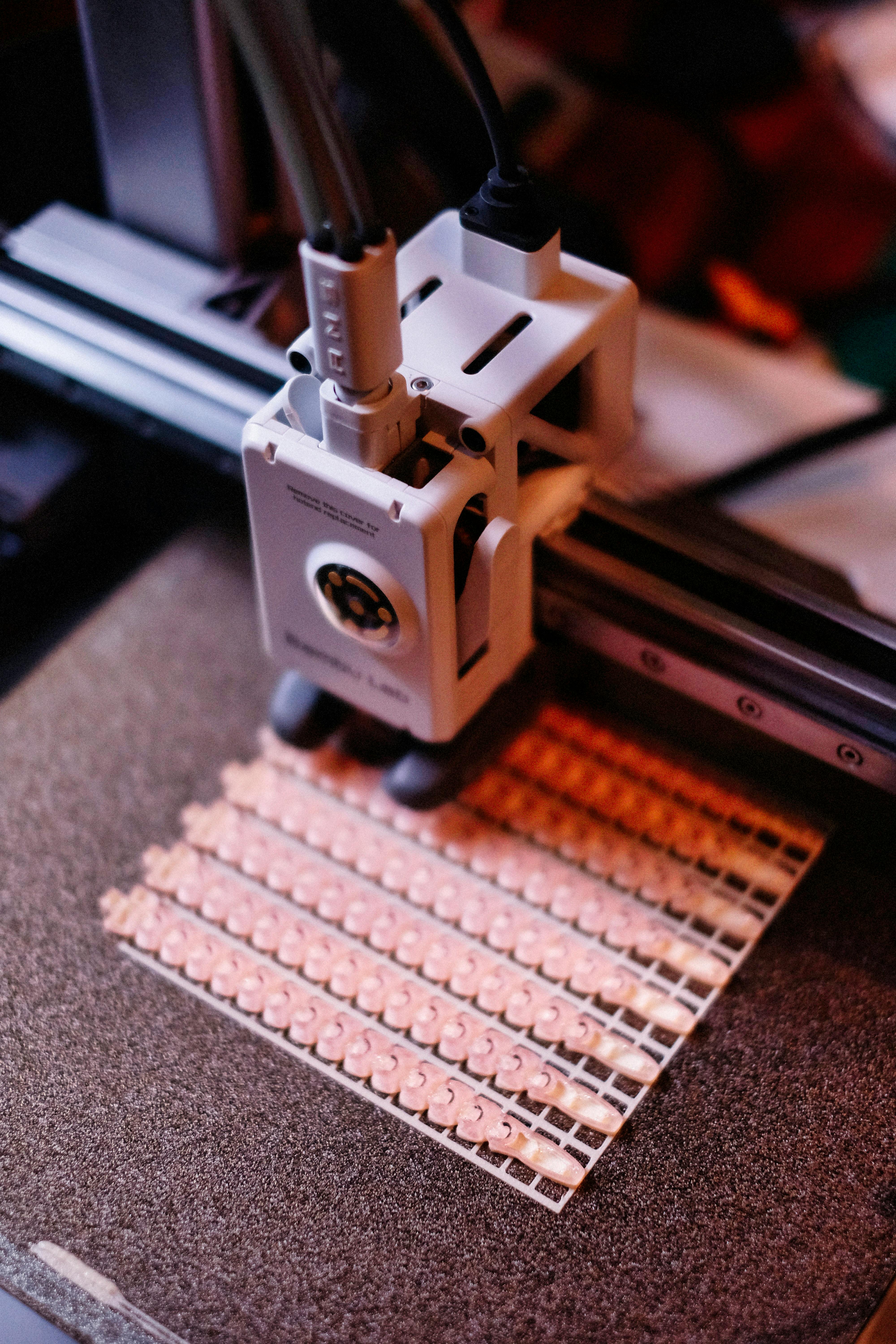Circadian Fasting: Aligning Meal Timing with Your Body Clock
Can the timing of your meals be just as important as what you eat? Recent research suggests that synchronizing your eating patterns with your body's internal clock might be the key to optimal health. Welcome to the world of circadian fasting, a revolutionary approach that's reshaping our understanding of nutrition and metabolism.

Circadian rhythms aren’t just about sleep-wake cycles; they play a crucial role in digestion, insulin sensitivity, and nutrient absorption. When we eat out of sync with our natural rhythms, it can lead to metabolic disruptions, potentially contributing to weight gain, diabetes, and other health issues.
What is Circadian Fasting?
Circadian fasting, also known as time-restricted eating, involves limiting food intake to specific hours that align with your body’s natural circadian rhythm. Unlike other forms of intermittent fasting, the focus is not just on when you don’t eat, but on optimizing the timing of your meals to match your body’s biological clock.
Typically, this means consuming all meals within an 8-12 hour window, often starting shortly after waking and ending a few hours before bedtime. This approach aims to give your digestive system a rest during the night when your metabolism naturally slows down.
The Metabolic Benefits of Eating with the Sun
Research has shown that aligning our eating patterns with natural light-dark cycles can have profound effects on our health. A study published in the journal Cell Metabolism found that mice restricted to eating within a 9-12 hour period were protected against obesity, diabetes, and liver disease, even when consuming a high-fat diet.
In humans, similar benefits have been observed. A 2018 study in Nutrition and Healthy Aging reported that participants who limited their daily eating window to 8 hours experienced significant reductions in body weight and blood pressure.
Implementing Circadian Fasting in Your Daily Life
Adopting a circadian fasting routine doesn’t have to be drastic. Start by gradually narrowing your eating window, aiming to consume your last meal at least 3 hours before bedtime. Here are some strategies to help you align your eating with your body clock:
-
Begin your day with exposure to natural light to help regulate your circadian rhythm.
-
Have your largest meal earlier in the day when insulin sensitivity is highest.
-
Avoid late-night snacking, which can disrupt your body’s natural fasting state during sleep.
-
Stay hydrated throughout the day, but taper off fluid intake in the evening to prevent sleep disruptions.
Potential Challenges and Considerations
While circadian fasting shows promise, it’s not a one-size-fits-all solution. Some individuals, such as those with diabetes or other metabolic disorders, should consult with a healthcare provider before making significant changes to their eating schedule.
It’s also important to note that the quality of food consumed during your eating window remains crucial. Circadian fasting should complement, not replace, a balanced and nutritious diet.
Circadian Fasting and Exercise
Incorporating exercise into a circadian fasting routine can amplify its benefits. Research suggests that exercising in a fasted state can enhance fat oxidation and improve insulin sensitivity. However, the optimal timing may vary depending on individual goals and preferences.
Morning workouts can help kickstart your metabolism and align with your body’s natural cortisol peak. Evening exercise, on the other hand, should be timed carefully to avoid interfering with sleep patterns.
The Role of Melatonin in Circadian Fasting
Melatonin, often referred to as the sleep hormone, plays a crucial role in regulating our circadian rhythms. Interestingly, recent studies have shown that melatonin also influences metabolic processes and may enhance the effects of circadian fasting.
Research published in the Journal of Pineal Research suggests that melatonin supplementation can improve glucose tolerance and reduce insulin resistance, particularly when combined with time-restricted eating patterns.
Circadian Wisdom: Tips for Harmonizing with Your Body Clock
-
Rise with the sun to naturally reset your circadian rhythm
-
Aim to eat your last meal at least 3 hours before bedtime
-
Expose yourself to natural light during the day, especially in the morning
-
Avoid blue light from screens in the evening to support melatonin production
-
Consider using a sleep tracking app to understand your natural sleep-wake cycle
As we continue to unravel the complex relationship between our internal clocks and our health, circadian fasting emerges as a promising tool for optimizing well-being. By aligning our eating patterns with our body’s natural rhythms, we can potentially unlock a host of benefits, from improved metabolism to better sleep quality. As with any significant lifestyle change, it’s essential to approach circadian fasting mindfully, listening to your body and adjusting as needed. The future of nutrition may not just be about what we eat, but when we eat it.





